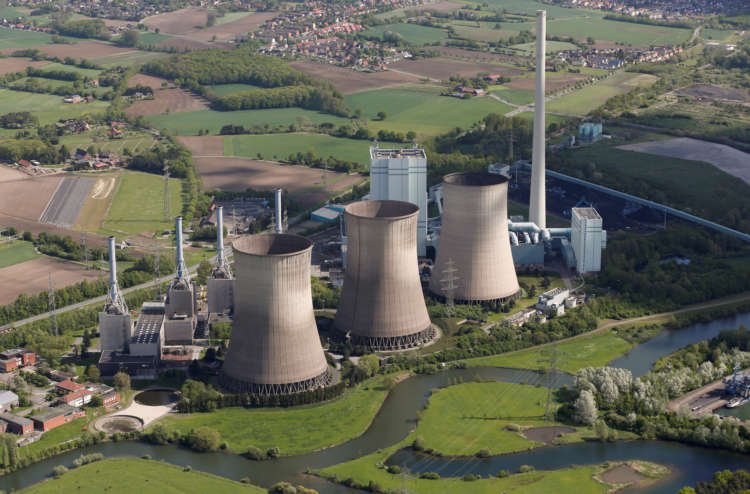Trading
Analysis: Gas faces existential crisis in climate wary Europe
Published by linker 5
Posted on May 14, 2021
1 min readLast updated: January 21, 2026

Published by linker 5
Posted on May 14, 2021
1 min readLast updated: January 21, 2026

Explore more articles in the Trading category











